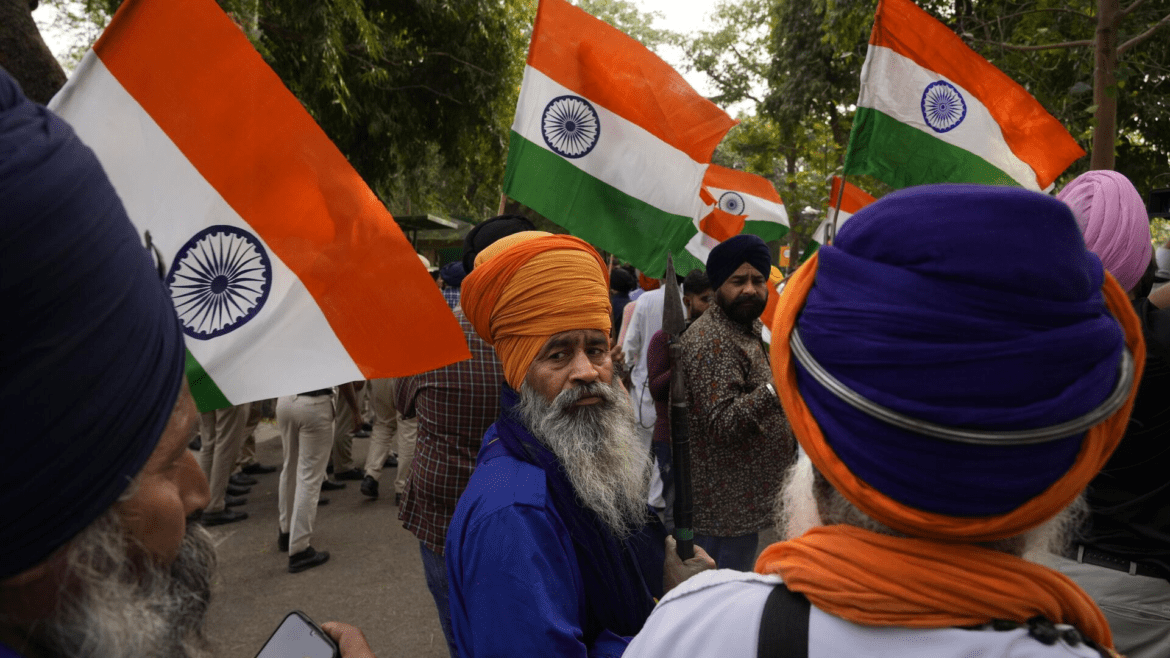AI Generated Summary
- Let us honour the memory of brothers and sisters we lost in 1984 by focusing on the future and continuing to build a community that upholds the values of justice, compassion, and progress.
- The compensation of Rs 5 lakh to the kin of the 3,328 victims is a gesture that acknowledges the pain and offers a means to aid their healing process.
- As we approach the 40th anniversary of these grievous events, it is essential to reflect not just on the past but also on how far we have come as a community.
In the heart of every Sikh, the year 1984 conjures a shared pain—a reminder of the heart-wrenching atrocities committed during a period of profound turmoil in India. This year marked not only a historical tragedy for Sikhs but also a moment of deep introspection. As we approach the 40th anniversary of these grievous events, it is essential to reflect not just on the past but also on how far we have come as a community.
The 1984 anti-Sikh riots, a grave chapter in our history, resulted in unspeakable suffering and loss. Families were torn apart, dreams shattered, and the echoes of injustice lingered in the air for decades. However, the indomitable spirit of the Sikh community could not be quelled. In the aftermath, Sikhs in India, embodying the resilience and fortitude that our Gurus taught us, chose a path of rebuilding and moving forward.
Today, Sikhs have flourished in every sector in India, contributing significantly to its socio-economic development. The community’s progress is visible in the bustling streets of Punjab, the thriving businesses, and in the fields of education, technology, and politics. This progress has been accompanied by a quest for justice—a quest that has seen substantial developments recently.
Under the current administration, significant strides have been made towards healing the old wounds. With the formation of the Special Investigation Team (SIT), the reopening of 300 cases, and the imprisonment of those found guilty, justice is slowly but surely being served. The compensation of Rs 5 lakh to the kin of the 3,328 victims is a gesture that acknowledges the pain and offers a means to aid their healing process.
Yet, as we seek closure and justice, there are elements that attempt to reopen these healed wounds for questionable motives. It is painful to see certain factions, often aligned with Khalistan separatist sympathies, pushing this dark chapter of our history into the limelight again, potentially for political gains. With the Canadian elections on the horizon in 2025 and the waning popularity of leaders such as Justin Trudeau, one cannot help but question the timing and real intent behind these actions. Is it merely to secure votes under the guise of seeking justice?
Recently, the Sikh Federation UK and the NDP in Canada, led by Jagmeet Singh, have put forth petitions seeking to commemorate the 40th anniversary of the 1984 Sikh massacres, urging their respective governments to officially recognize these events as genocide. While the intent to honour the memory of the victims and acknowledge their suffering is commendable, one must consider the broader implications of these actions. This move, especially at a time when political landscapes are rapidly changing, raises pertinent questions about the timing and the underlying motives. The call for remembrance should not be muddied by political agendas; it must remain pure in its aim to seek justice and healing for the community. The risk, however, is that such petitions might inadvertently reignite tensions and divisions within a community that is striving to heal and prosper.
As Sikhs, guided by the teachings of our Gurus, we must ponder deeply about these actions. Are they serving the community, or are they merely scratching at old wounds for political clout? Our community’s strength lies in our unity and our ability to look forward, not in the divisive rhetoric that seeks to pull us back into the past.
Let us honour the memory of brothers and sisters we lost in 1984 by focusing on the future and continuing to build a community that upholds the values of justice, compassion, and progress. Let us also be wary of those who would use our tragedies as stepping stones for their agendas.
As Sikhs, our history is a testament to our resilience and our capacity for forgiveness and growth. Let us carry forward the legacy of those who suffered in 1984—not through resentment or political manoeuvring but through a commitment to ensuring that such dark times are never repeated, anywhere in the world.
In unity and remembrance, we move forward—not just for ourselves, but for the generations of Sikhs to come.
The opinions expressed in this article are those of the author. They do not purport to reflect the opinions or views of Khalsa Vox or its members.




